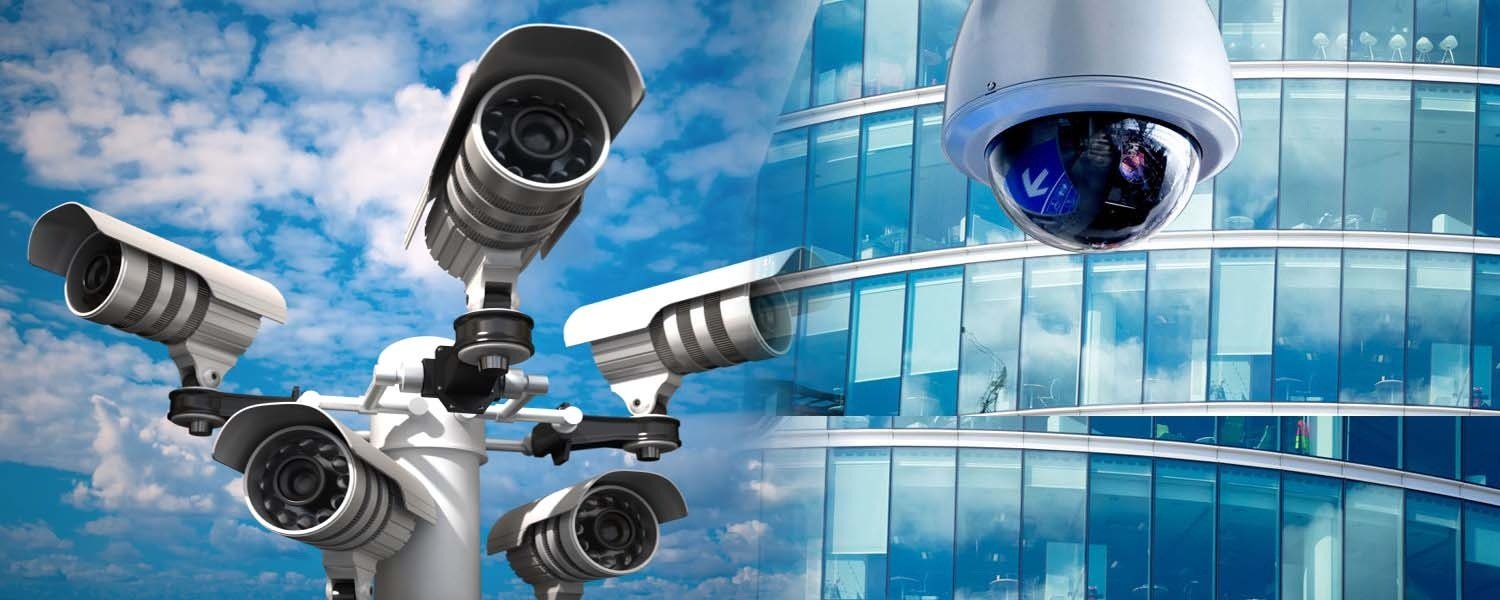In today’s fast-paced world, effective communication is key to ensuring safety and convenience, whether in residential or commercial settings. Intercom systems serve as a vital tool for facilitating communication between different areas of a property. This article will delve into the various aspects of intercom installation, including the types of systems available, benefits, installation considerations, and more.
Understanding Intercom Systems
What is an Intercom System?
An intercom system is a stand-alone voice communication device that allows two-way communication between people in different locations within a building or property. Modern intercom systems can also include video capabilities, enhancing security and convenience by allowing users to see who they are speaking to before granting access.
Types of Intercom Systems
There are several types of intercom systems available, each designed to meet different needs:
- Wired Intercom Systems: These systems utilize physical cables to connect units. They are generally more reliable and offer better audio quality, but installation can be more complex and time-consuming.
- Wireless Intercom Systems: These systems use radio frequencies to transmit signals, making installation easier and more flexible. However, they may be susceptible to interference and have limitations on range.
- Video Intercom Systems: These advanced systems combine audio and video communication, allowing users to see the person they are communicating with. They are ideal for enhancing security, especially in residential settings.
- Smart Intercom Systems: Integrated with smart home technology, these systems can be controlled via smartphones or other smart devices. They often include features like remote access, notifications, and compatibility with other security systems.
Benefits of Intercom Installation
Enhanced Communication
One of the primary benefits of intercom systems is improved communication within a property. Whether it’s a large office building or a multi-story home, intercoms allow individuals to communicate quickly and efficiently without the need for phone calls or physical movement.
Increased Security
Intercom systems, especially video intercoms, significantly enhance security. By enabling visual identification of visitors before allowing entry, property owners can effectively screen individuals and reduce the risk of unauthorized access.
Convenience
Intercom systems offer unparalleled convenience. With features such as remote access and smart controls, users can communicate and manage their intercom systems from anywhere, making it easier to interact with visitors, delivery personnel, or staff.
Cost-Effective Solution
Installing an intercom system can be a cost-effective solution for managing communication and security needs. Rather than investing in multiple communication devices, a comprehensive intercom system consolidates these functions into one platform.
Factors to Consider When Installing an Intercom System
Assessing Your Needs
Before installing an intercom system, it’s crucial to assess your specific communication and security needs. Consider the size of your property, the number of users, and whether you require audio, video, or smart features.
Choosing the Right System
Based on your needs assessment, choose a system that fits your requirements. For instance, if you live in a multi-story home, a video intercom system may be ideal. In contrast, a wireless intercom system may suffice for smaller properties.
Professional Installation vs. DIY
While some intercom systems can be installed as DIY projects, professional installation ensures that the system functions correctly and efficiently. Professionals have the expertise to handle wiring, configuration, and troubleshooting, providing peace of mind.
Integration with Existing Systems
If you have existing security systems, consider whether your new intercom system can integrate with them. This can enhance overall security and streamline operations.
The Intercom Installation Process
Pre-Installation Planning
Before installation begins, it’s essential to plan the layout of your intercom system. Determine the locations for intercom units, wiring paths (if applicable), and any additional components needed for video systems.
Installation Steps
- Gathering Materials: Ensure you have all necessary equipment, including intercom units, cables (if wired), mounting hardware, and tools.
- Mounting the Units: Install intercom units at designated locations. For video intercoms, ensure they are positioned at eye level for optimal viewing.
- Wiring (if applicable): If installing a wired system, run cables between units, ensuring they are hidden from view and protected from damage.
- Connecting Power: Connect the system to a power source, following the manufacturer’s instructions.
- Testing the System: Once installation is complete, test each unit to ensure proper functionality. Check audio quality and video clarity (for video intercoms).
Post-Installation Support
After installation, many companies offer ongoing support and maintenance. This can be beneficial for troubleshooting issues, updating software, or expanding the system in the future.
Conclusion
Intercom systems are invaluable tools for enhancing communication and security in both residential and commercial properties. With various options available, from wired and wireless systems to advanced smart technology, property owners can choose a solution that best fits their needs. Professional installation ensures that these systems function correctly and provides peace of mind.
By investing in an intercom system, you can streamline communication, enhance security, and increase convenience, making it a wise choice for modern living.
FAQs
1. How much does intercom installation cost?
The cost of intercom installation varies depending on the type of system, complexity of installation, and number of units required. On average, you can expect to pay between $500 and $2,500 for a complete system.
2. Can I install an intercom system myself?
Some intercom systems can be installed as DIY projects, especially wireless models. However, professional installation is recommended for wired systems to ensure proper functionality and avoid potential issues.
3. What features should I look for in an intercom system?
Consider features such as audio and video capabilities, wireless vs. wired options, smart home integration, and ease of use. Assess your specific needs to determine which features are essential.
4. How do video intercom systems enhance security?
Video intercom systems allow users to see visitors before granting access, providing an additional layer of security. They can also record footage for later review, helping to identify potential threats.
5. What maintenance is required for intercom systems?
Regular maintenance may include checking connections, testing functionality, and updating software. Many installation companies offer maintenance services to ensure your system remains in optimal condition.



